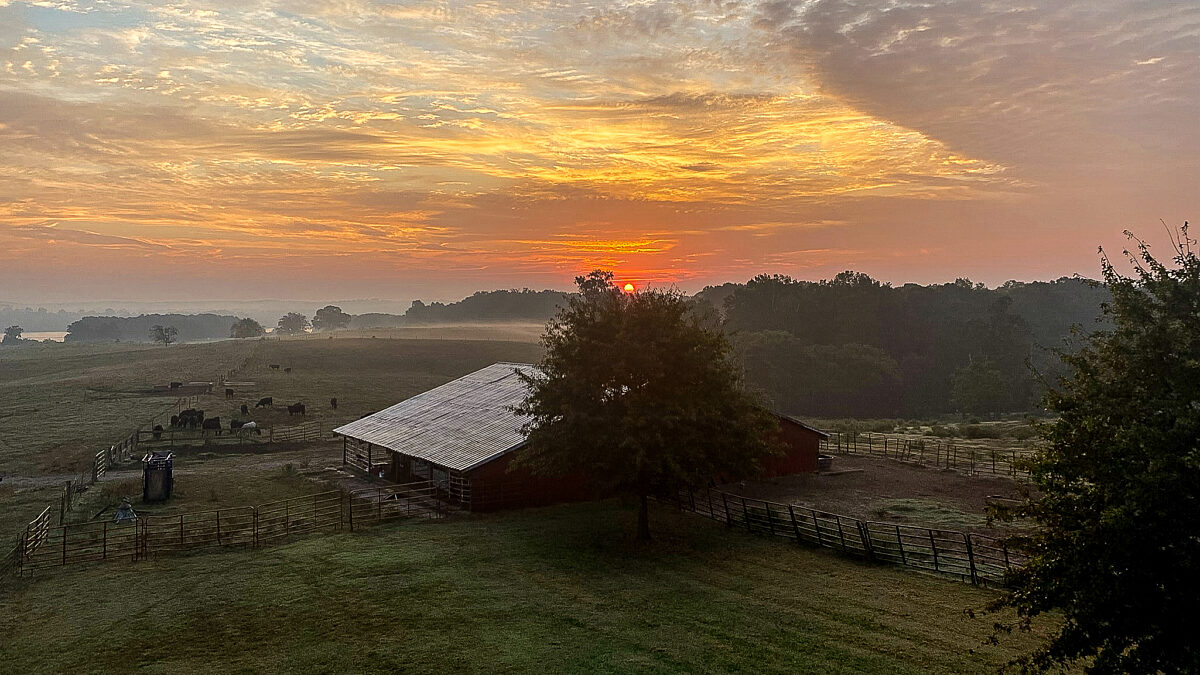SEC Overreach Could Put Family Farms at Risk
TOPICS
SustainabilityZippy Duvall
President

photo credit: AFBF Photo, Mike Tomko
Zippy Duvall
President
Over 2 million farms dot our nation’s landscape, across all 50 states and in territories like Puerto Rico. You can find farmers and ranchers raising nearly every type of crop and livestock to keep our nation fed. You can find us serving our neighbors and communities and employing the latest innovations to improve sustainability. But there’s one place you will not find us, and that is on Wall Street. So why is the Securities and Exchange Commission about to grant itself authority to functionally regulate our family farms and ranches, when in fact we have never been under the SEC’s authority? It’s an alarming question, and one we are facing head on right now.
A little background here—recently the SEC proposed a new rule, “The Enhancement and Standardization of Climate Related Disclosures for Investors,” which would require publicly traded companies to provide climate-related information from their entire value chain in their filings and annual reports. This would mean that businesses not owned or controlled by the public company would fall under these extensive reporting requirements. As farmers and ranchers know, there are few products in the supply chain that don’t trace their beginnings back to a farm or ranch. And those farm and ranch products already face extensive regulations at the local, state and federal level. With this rule, it is likely the reporting requirements would pile on farms and ranches of all sizes and could even force farmers and ranchers to disclose personal information and farm business data.
It is difficult to fully grasp the far-reaching impact of this rule, but it will no doubt place many American farms and ranches at risk—98% of which are family businesses.
This is overreach—plain and simple—by a federal agency that was never designed or intended to regulate farms. What’s more the entire action lacked transparency and oversight. The SEC released its proposed rule, all 510 pages of it, with initially just 39 days for public review and comment. The American Farm Bureau joined with 119 other agriculture organizations in calling the SEC to extend its comment period to allow time for meaningful public review and input. Just this week, the SEC announced an extension for public comment until June 17. The fact that the SEC budged at all on the comment period is a testament to the importance of standing together across the agriculture community to make our voices heard.
It is difficult to fully grasp the far-reaching impact of this rule, but it will no doubt place many American farms and ranches at risk—98% of which are family businesses. Unlike the large corporations currently regulated by the SEC, family farms and ranches don’t have teams of compliance officers. Onerous reporting requirements could disqualify small, family-owned farms from doing business with public companies, or companies that supply those value chains. The SEC’s rule could place a greater strain on our food system at a critical time and lead to further consolidation of agriculture as family farms and ranches lack the resources to meet requirements designed for major corporations. Finally, the rule undermines decades of sustainability efforts and achievements by America’s farmers and ranchers who have led the world in reducing agricultural emissions and adopting practices that improve soil health and water quality.
Farm Bureau and our partners across agriculture will continue to engage with the SEC, and our representatives on Capitol Hill, to urge the agency to take into account the burden they are placing on farmers and ranchers, who are critical to the value chain, our economy and our nation’s food security. We also encourage you to join in making your voices heard on how this rule will affect your farm or ranch. Together, we can stand strong to protect our nation’s sustainable food, fiber and renewable fuel supply.
Zippy Duvall
President
Vincent “Zippy” Duvall, a poultry, cattle and hay producer from Greene County, Georgia, is the 12th president of the American Farm Bureau Federation.
Top Issues
VIEW ALL